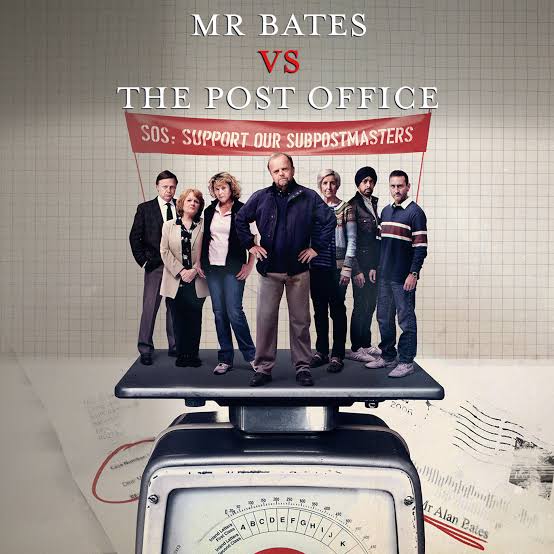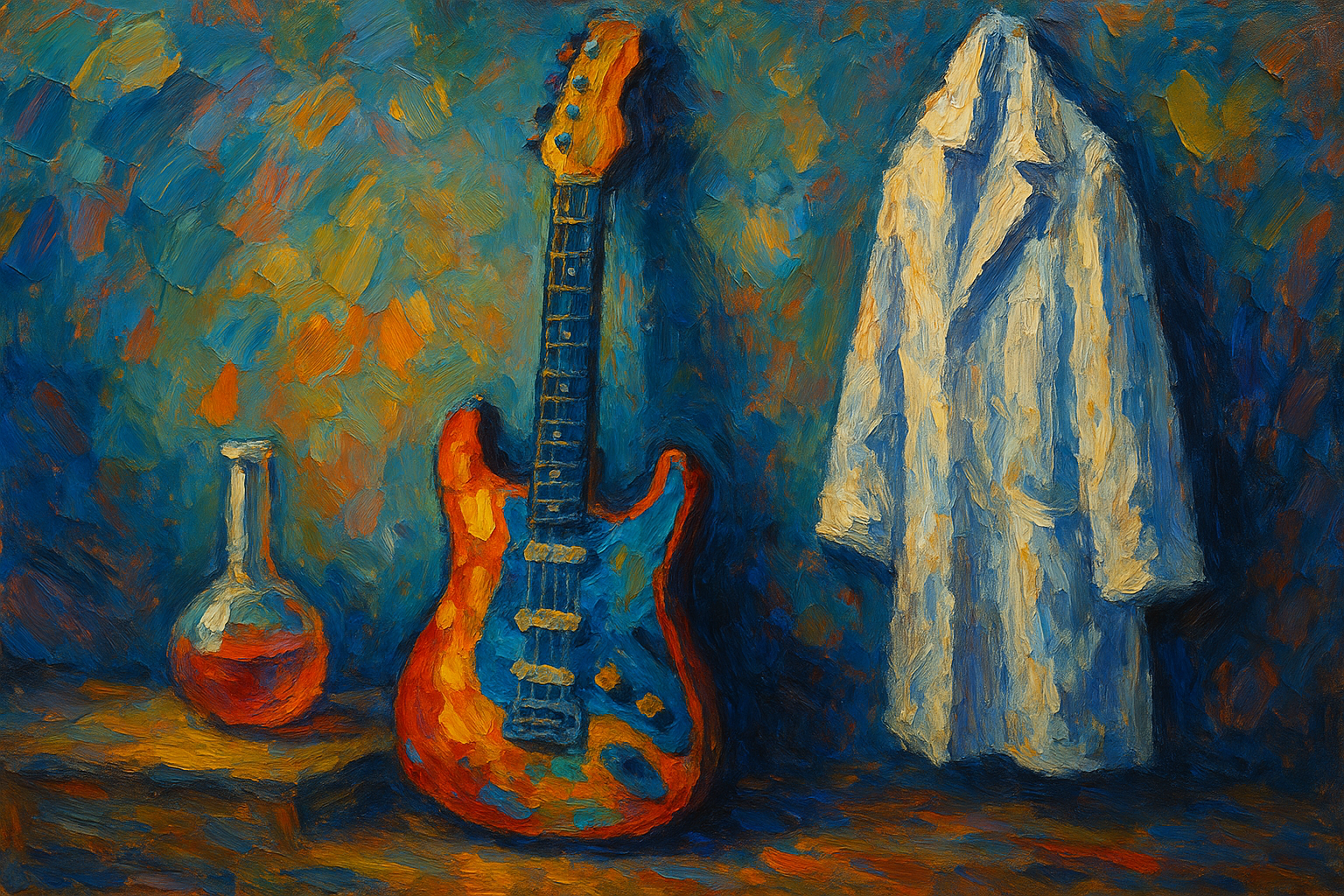
How might we illustrate, explore, and begin to define the ‘state of the nation’ film and television text? This edited collection, in collaboration with Intellect, invites consideration of these questions.

How might we illustrate, explore, and begin to define the ‘state of the nation’ film and television text? This edited collection, in collaboration with Intellect, invites consideration of these questions.

After Invincible ’s fifteen-year run as a comics series (Image Comics/Skybound, 2003-18), creator Robert Kirkman and TV writer Simon Racioppa pitched an adaptation to Amazon Prime Video. Their ongoing animated superhero drama series, which has run for three seasons so far (2021, 2023-25), is an undeniable success. Rotten Tomatoes rates the seasons at or near 100% approval.
The European audiovisual landscape is complex, with a huge variety of content providers and a traditionally strong public service.

Our lab is growing! In our Three Questions series, we’re profiling each of our members and the amazing work they’re doing. This post introduces Maxime Descartes Mbogning Fonkou , a postdoctoral fellow at the ScholCommLab. In this interview, Maxime reflects on his trajectory and commitment to advancing an open science that is also more equitable and accountable.
Das Open Research Office Berlin (angesiedelt an der Universitätsbibliothek der FU Berlin) und die Universitätsbibliothek der TU Berlin laden herzlich ein zum zweiten Workshop des Projekts „Recht offen. Juristische Kompetenzen in und für die Offene Wissenschaft stärken“! Der Workshop dient der Vorbereitung des Legal Helpdesk für Berlins Wissenschafts- und Kulturerbe-Einrichtungen.

Note: After I wrote this post last week, the Tidyverse team released ragnar 0.2.0 on July 12. Everything here should still work, but take a look at the release notes to learn about some nice new features that aren’t covered here. I’ve written a little about retrieval-augmented generation (RAG) here before.
With support from DataCite’s Global Access Fund (GAF) in 2024, Eko-Konnect Research and Education Initiative launched a pilot project aimed at enhancing the digital preservation of Nigerian cultural artefacts and expanding the use of persistent identifiers (PIDs) in the country’s research and heritage sectors.

Six years ago, during a science communication session at a conference, we were given the task to explain “why we do what we do” to people unfamiliar with our research. While having this chat with a fellow postdoc, I told him I’m curious about how the human body works, and that is why I became a scientist.

In the first part of this series, I covered EBSCOhost’s new Natural Language Search (NLS) which uses a Large Language Model (LLM) to expand a user's input query to a Boolean Search Query and used to run over the conventional search system. In this article, I will focus on Web of Science’s Smart Search first launched in April 2025. Similar to the offering from EBSCOhost, this is bundled with your product at no additional cost.

I recently attended a workshop on research funding and what can be done to improve public funding of research. In this blog post, I share why I consider the political dynamics of research funding an increasingly important lens in understanding the influence of research funding on research itself. In its most basic form, research funding is a tool used for a variety of purposes.

A strange and interesting aspect of MOND is the External Field Effect (EFE). If physics is strictly local, it doesn’t matter what happens outside of an experimental apparatus, only inside it. Examples of gravitational experiments include an Eötvös-style apparatus in a laboratory or a dwarf galaxy in space: in each case, test masses/stars respond to each other’s gravity. The MOND force depends on the acceleration from all sources;